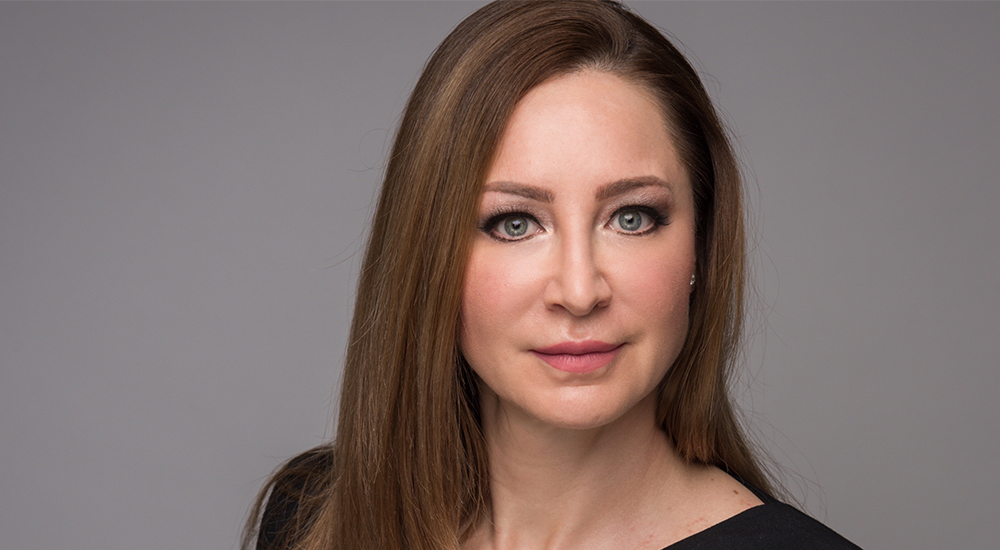Covid is greatest possible test of leadership skills

KPMG’s 2020 CEO outlook report points out that top executives of some of the world’s most influential organisations have identified talent risk as a significant challenge to growth, triggered by Covid-19 upheavals. The pandemic also accelerated digitalisation and automation.
KPMG’s Future of HR report states that 28% of an organisation’s total workforce would need to upskill to maintain effectiveness in the near future. Another key challenge facing organisations is managing employee productivity in a predominantly remote work environment. The adoption of relevant tools is critical to encourage employee productivity, facilitate virtual collaboration and information exchange.
Remote and hybrid work set ups are dependent on the nature of the business and organisational culture. Remote work may not be feasible for certain businesses that require their employees to be on-site. Therefore, there is no one size is fits all solution to this challenge. At present, a majority of organisations 58% surveyed in KPMG’s 2021 Future of HR Survey expect to invest heavily in technology to support remote working over the next 12-24 months.
Organisations that have flatter structures, with smaller, empowered teams tend to perform better. This work model elevates each employee’s responsibility and eliminates excess management layers to improve coordination and communication. Fewer levels between employees also improves the decision-making process, while the lack of middle management delivers cost savings.
The pandemic has vastly intensified the need to manage change and make decisions more quickly. Organisations with several layers of management have limited agility, inhibiting their ability to thrive in the new normal. Today, a culture of innovation, flexibility and customer centricity is key.
The Covid-19 pandemic has presented chief executives of the world’s largest organisations with the greatest possible test of their leadership abilities and personal resilience. The way forward is to lead with increased purpose and impact, both societal and economic. Resilience and agility are the top skills for today’s leaders.
It is important to be able to find opportunity amid a fall in business confidence and rewire the business model to meet the new normal. According to KPMG’s 2021 Future of HR report, at present, 23% of organisations in the Middle East exhibited resilience during the pandemic compared to 27% globally.
Burnout is something that can be experienced across the board, and is not specific to just top executives. From a leader’s perspective, business performance amidst uncertainty, coupled with unknowns about the virus could challenge mental well-being.

One approach to coping is to focus on personal growth and development. Organisations should be focused on employees’ well-being, to boost happiness, health, and productivity. Investing in personal growth and development is the first step in unleashing creativity, tapping potential, and supporting sustainable productivity.
KEY TAKEAWAYS
- Organisations that have flatter structures, with smaller, empowered teams tend to perform better.
- Fewer levels between employees also improves decision-making process, while lack of middle management delivers cost savings.
- The pandemic has intensified the need to manage change and make decisions more quickly.
- Organisations with several layers of management have limited agility.
- A culture of innovation, flexibility and customer centricity is key.
- Remote and hybrid work set ups are dependent on the nature of the business and organisational culture.
- Remote work may not be feasible for certain businesses that require their employees to be on-site.
- 23% of organisations in Middle East exhibited resilience during the pandemic compared to 27% globally.
- Business performance amidst uncertainty, coupled with unknowns about the virus could challenge mental well-being.
The pandemic has presented executives of the world’s largest organisations with greatest possible test of their leadership and personal resilience.





